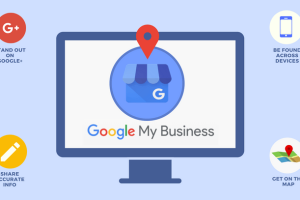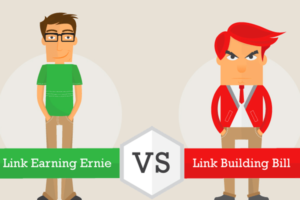Content Attributes
If you own a business of your own, you already know that 2020 has been such a hassle. This year has caused some major changes in how businesses interact with one another, as well as their customers. In addition to switching to remote collaboration, companies have also had to cancel or postpone all of their networking and educational or virtual event.
Which has made it difficult for them to keep their relationships as strong and as effective as they should be. That is why more have started organizing online events to compensate for the lack of in-person interactions and help brands retain their relevance.
However, organizing a virtual event is so much more than setting up a Zoom call and shooting invites to as many people as you can. It’s about planning your event carefully, leveraging data, researching trends, and making sure your event guests are engaged and can derive something valuable. To help you do that, here are a few effective marketing tips for your virtual event that can spread the word about your events, but also create the basis for long-term relationships.
Choose your theme and content beforehand
Whether you’re running a small business with just you in charge or you have many employees under your wing, you should make your events as memorable and specific as possible. With the pandemic still occupying most people’s minds, perhaps you can choose a topic on helping other professionals in your community retain their business and stay financially stable.
Covering relevant topics where you can genuinely offer valuable, actionable advice means that your guests will be incentivized to apply. Consider if it’s best to organize an interactive workshop, an expert interview, or a conference so that you can know how much content you need and how you should divide and conquer to deliver as much value as possible!
Rely on cutting-edge technology
The worst thing that can happen to your virtual event is for the connection to be poor, for presenters to be inaudible, and for other technical difficulties to completely make the event impossible to enjoy remotely. To prevent such technical issues, most companies and entrepreneurs work with professionals that provide management of virtual events with all the accompanying technology and tools.
Then you can focus on the content of your event, and on the interactions before, during, and after the event is finished. Also, you can use this as a marketing advantage when you talk about your event, assuring your guests that they can expect a crisp image, clear sound, and spotless organization.
Leverage social media to create buzz
Nothing beats social media when it’s time to get people talking about a hot subject. That applies to marketing and advertising your event as well, so make sure that your social strategy is ready, and that you can create enough buzz and interest around your virtual event.
You can start interactive polls on social to check what kind of topics your audience would be most interested in. Then you can give little sneak-peeks into your presentations and mention experts that will be at your event, offering their invaluable professional knowledge. Create dedicated hashtags, post images, and start advertising your event in advance to make sure people hear and start responding quickly.
Build a value-driven event landing page
When you have a conference brewing, it pays to create a dedicated page while you’re still in the process of planning your event. This landing page should present the key information about presenters, topics, and key takeaways people can expect – after all, what’s in it for them to spend their time attending your event?
Depending on your audience research and your specific goals for the event, you can customize the page to perfectly reflect your aspirations. Add visuals that will be appealing, and make sure that the CTA is simple and straightforward, as well as the on-page application itself.
Put your email list to good use
Much like your social media presence, your email marketing strategy can be of great use when you’re organizing an event. Since you already have a list of subscribers to your newsletter and perhaps users that pay for your service and expect priority notifications, you can send them VIP e-vites ahead of time to let them know you value their presence at your event.
Add to that, send out an email blast in time to notify everyone of your event as well as its core topic, and a simple form to apply for attendance.
While virtual events can never fully replace live networking and meeting your partners and clients in person, they can certainly help maintain your presence, build your relationships, and establish yourself in your industry. Use these marketing ideas to promote the virtual event and build up your audience over time, so that you can make the most of these exciting digital networking outlets until we can once again go back to in-person meetings.



